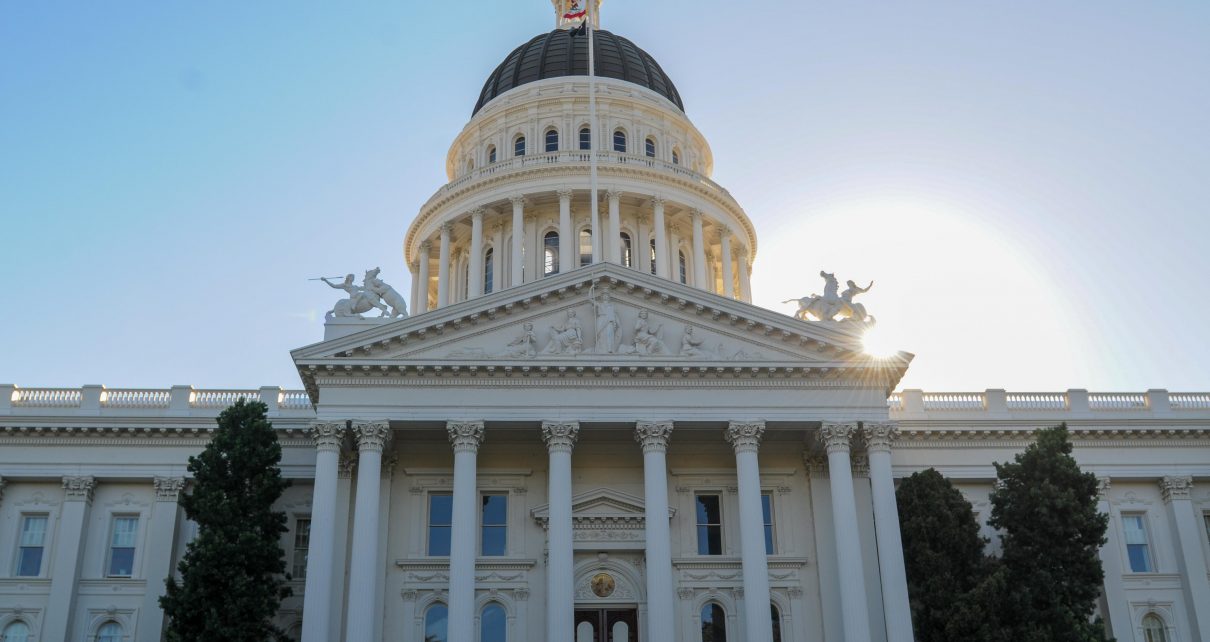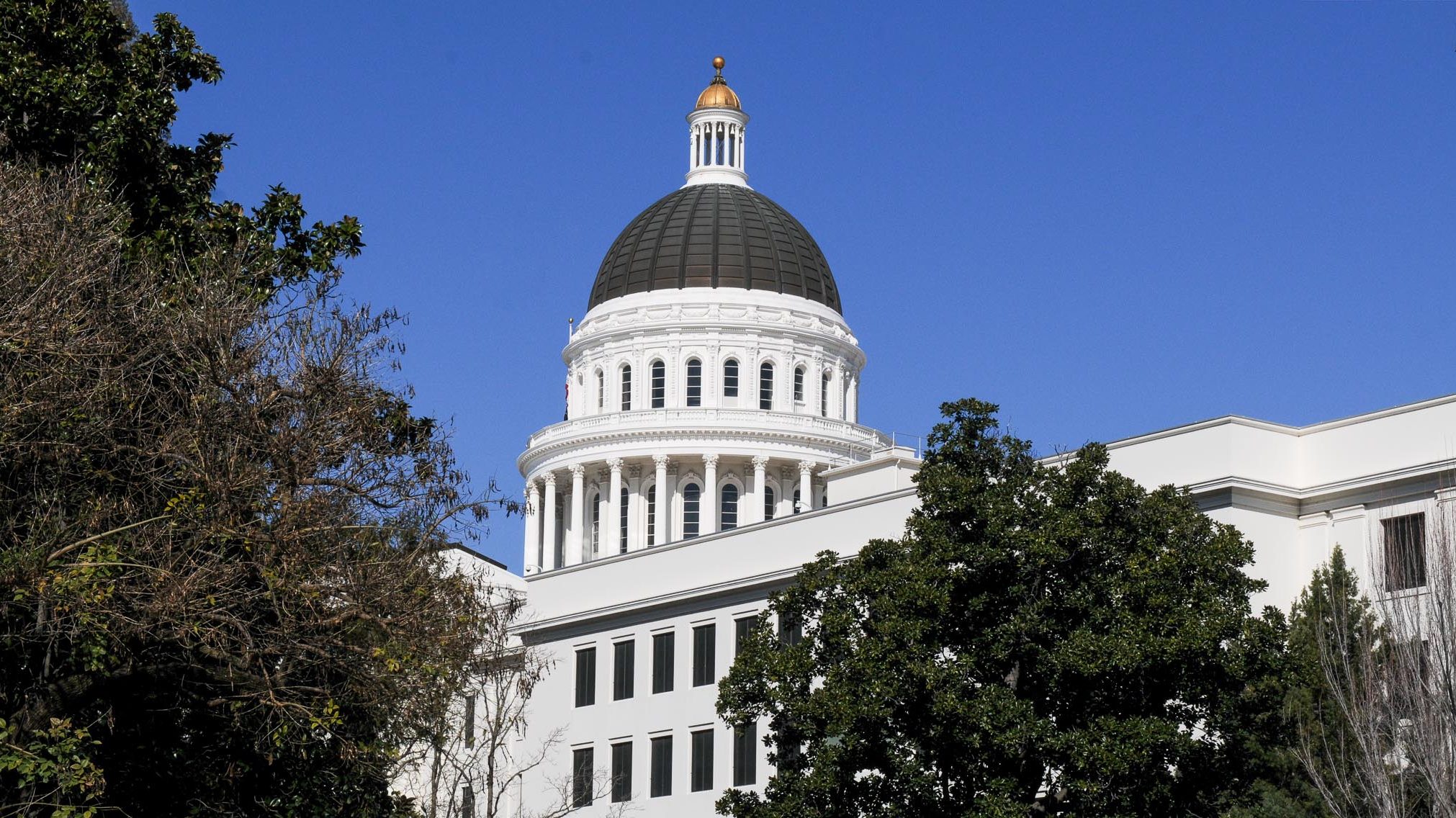
California State Capitol. (Photo: Kevin Sanders for California Globe)
Will the EDD Debt Damage California’s Credit Rating?
Nope – That’s Not Big Enough
By Thomas Buckley, August 28, 2023 5:44 pm
Typically, when a person or a business adds a massive amount of debt due to its own incompetence, credit ratings are impacted.
And not in a good way.
The California Employment Development Department did just that during the pandemic, losing $40 billion to easily preventable fraud and ending up with an unsecured $18.4 billion dollar debt to the federal government, a debt that continues to grow by about $18 million every day.
However, in the grand scheme of public sector finance, that number is almost assuredly not enough to ding California’s credit rating, in large part because the state already owes so much money. In other words, while not a drop in the bucket, $20 billion is not enough to move the needle.
Defining the state’s debt is a bit tricky – there are current liabilities (imagine the things you technically owe right now but haven’t paid the bill yet, like a credit card balance at the beginning of the month versus at the end) and noncurrent liabilities, which is debt like bonds. The state’s pension and benefits systems future liabilities make up about 60% of that debt, but those numbers have been subject to debate as they are in part based on projected future pension funds returns and other economic vagaries.
The bottom-line ongoing debt is, according to the latest figures available which are about a year old, is $330 billion ($185 billion pension/benefit). That means the EDD fiasco added only about 6% to the total debt.
And that’s not really enough to ding the rating, said Cato Institute policy analyst Marc Joffe.
That state already has a weak credit rating – depending on the rating agency it’s about 44th of 50.
But Joffe said the sheer size of the state’s economy plays a huge role in the rating determination. The state’s “Gross State Product” (like a state-level gross domestic product) is more than $3.5 trillion dollars, meaning the state’s debt is only about 10% of the economy. For comparison, the federal government’s debt to GDP ratio is actually about 122%.
Even though the debt to GPS for California is low, it still has a bad credit rating – why?
“The state has very poor financial controls,” Joffe said.
While the state will most likely not pull a dotty grandmother and mail Billy’s birthday check to the electric company, the fact that the state has a history of sloppy work (see the EDD, etc. ad infinitum) and an inability to make any necessary reforms makes raters pale.
Another factor in the rating is California’s over-dependence on income taxes to pay the bills. More than 60% of the state’s revenue is from the income tax, leaving it significant risk to economic fluctuations, Joffe said.
“Revenue volatility” will push credit ratings down, Joffe said.
Especially with so many people moving out.
- Benefit Fraud Problems and Solutions - November 7, 2024
- A Little Exit Poll - November 5, 2024
- Tomorrow’s Headlines Today! - November 5, 2024




